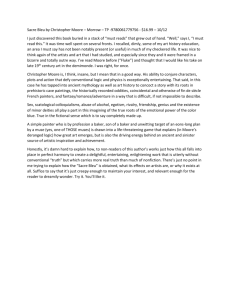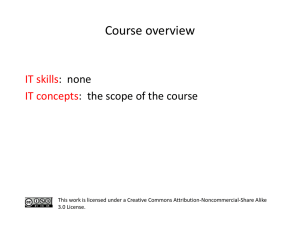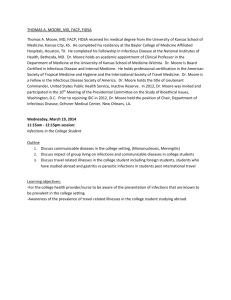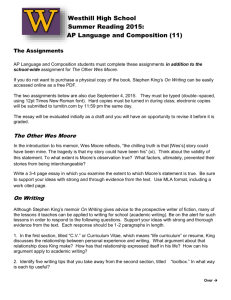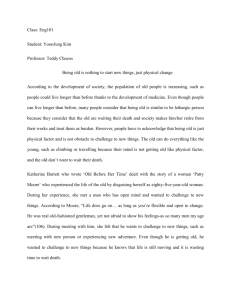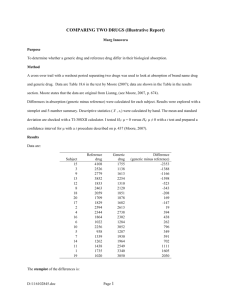The Book of Irish Writers, Chapter 26
advertisement
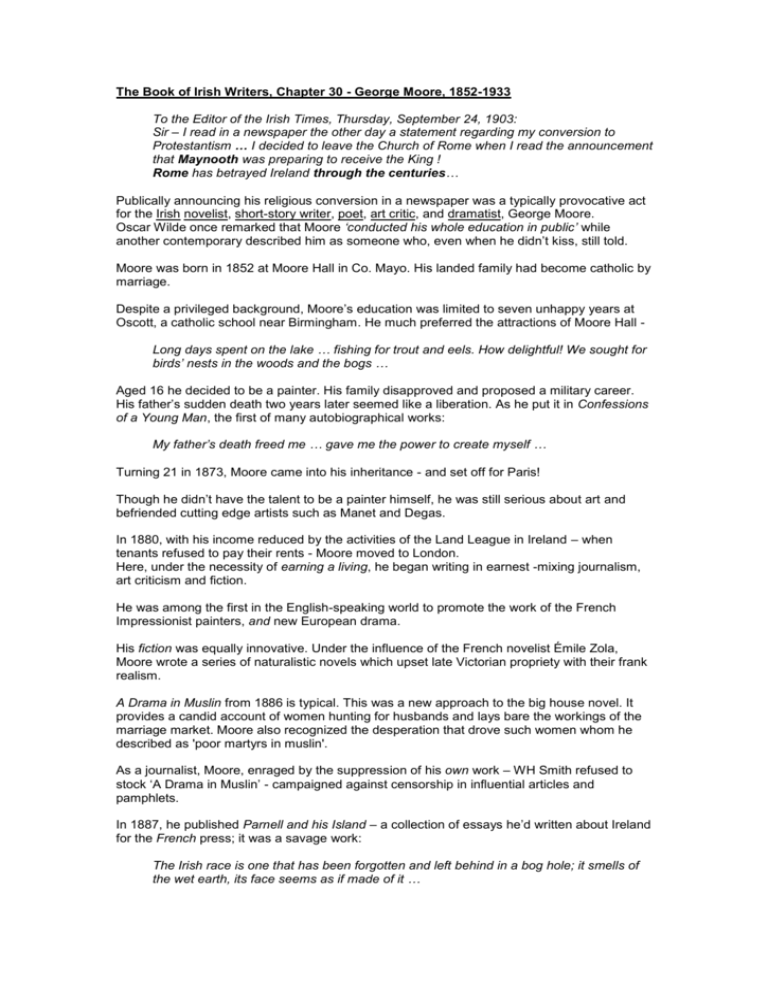
The Book of Irish Writers, Chapter 30 - George Moore, 1852-1933 To the Editor of the Irish Times, Thursday, September 24, 1903: Sir – I read in a newspaper the other day a statement regarding my conversion to Protestantism … I decided to leave the Church of Rome when I read the announcement that Maynooth was preparing to receive the King ! Rome has betrayed Ireland through the centuries… Publically announcing his religious conversion in a newspaper was a typically provocative act for the Irish novelist, short-story writer, poet, art critic, and dramatist, George Moore. Oscar Wilde once remarked that Moore ‘conducted his whole education in public’ while another contemporary described him as someone who, even when he didn’t kiss, still told. Moore was born in 1852 at Moore Hall in Co. Mayo. His landed family had become catholic by marriage. Despite a privileged background, Moore’s education was limited to seven unhappy years at Oscott, a catholic school near Birmingham. He much preferred the attractions of Moore Hall Long days spent on the lake … fishing for trout and eels. How delightful! We sought for birds’ nests in the woods and the bogs … Aged 16 he decided to be a painter. His family disapproved and proposed a military career. His father’s sudden death two years later seemed like a liberation. As he put it in Confessions of a Young Man, the first of many autobiographical works: My father’s death freed me … gave me the power to create myself … Turning 21 in 1873, Moore came into his inheritance - and set off for Paris! Though he didn’t have the talent to be a painter himself, he was still serious about art and befriended cutting edge artists such as Manet and Degas. In 1880, with his income reduced by the activities of the Land League in Ireland – when tenants refused to pay their rents - Moore moved to London. Here, under the necessity of earning a living, he began writing in earnest -mixing journalism, art criticism and fiction. He was among the first in the English-speaking world to promote the work of the French Impressionist painters, and new European drama. His fiction was equally innovative. Under the influence of the French novelist Émile Zola, Moore wrote a series of naturalistic novels which upset late Victorian propriety with their frank realism. A Drama in Muslin from 1886 is typical. This was a new approach to the big house novel. It provides a candid account of women hunting for husbands and lays bare the workings of the marriage market. Moore also recognized the desperation that drove such women whom he described as 'poor martyrs in muslin'. As a journalist, Moore, enraged by the suppression of his own work – WH Smith refused to stock ‘A Drama in Muslin’ - campaigned against censorship in influential articles and pamphlets. In 1887, he published Parnell and his Island – a collection of essays he’d written about Ireland for the French press; it was a savage work: The Irish race is one that has been forgotten and left behind in a bog hole; it smells of the wet earth, its face seems as if made of it … But Moore knows that he too – as an absentee landlord - is part of the problem he describes. In 1894, Moore published his best novel Esther Waters - a frank and non-judgmental story of an unmarried housemaid who becomes pregnant and is abandoned by her footman lover. Again Moore shows his liberal views and his understanding of the plight of women. In 1901, disgusted with British atrocities in the Boer War, Moore quit London and returned to his homeland. Typically, he deliberately echoes St Patrick being called back to Ireland: … a presence seemed to follow me … I heard a voice speaking within me … Go to Ireland! His masterpiece Hail and Farewell was written about the decade he spent in Ireland. The book mixes autobiography, serious commentary, and satire about the ‘Literary Revival’ happening in Ireland. W.B. Yeats – a leading figure in the Revival who habitually wore a long cloak -is described as looking – - like a huge umbrella left behind by some picnic party! But Moore makes fun of himself too - his noble ambition to liberate Ireland is undercut by the image of himself as – - a punctured Messiah. Unjustly overlooked today, Moore mixed the serious and the absurd in an equally fascinating and infuriating manner. His saving grace was his awareness of the ridiculous figure that he often cut: … in my novels I can write only tragedy, and in life play nothing but light comedy.

